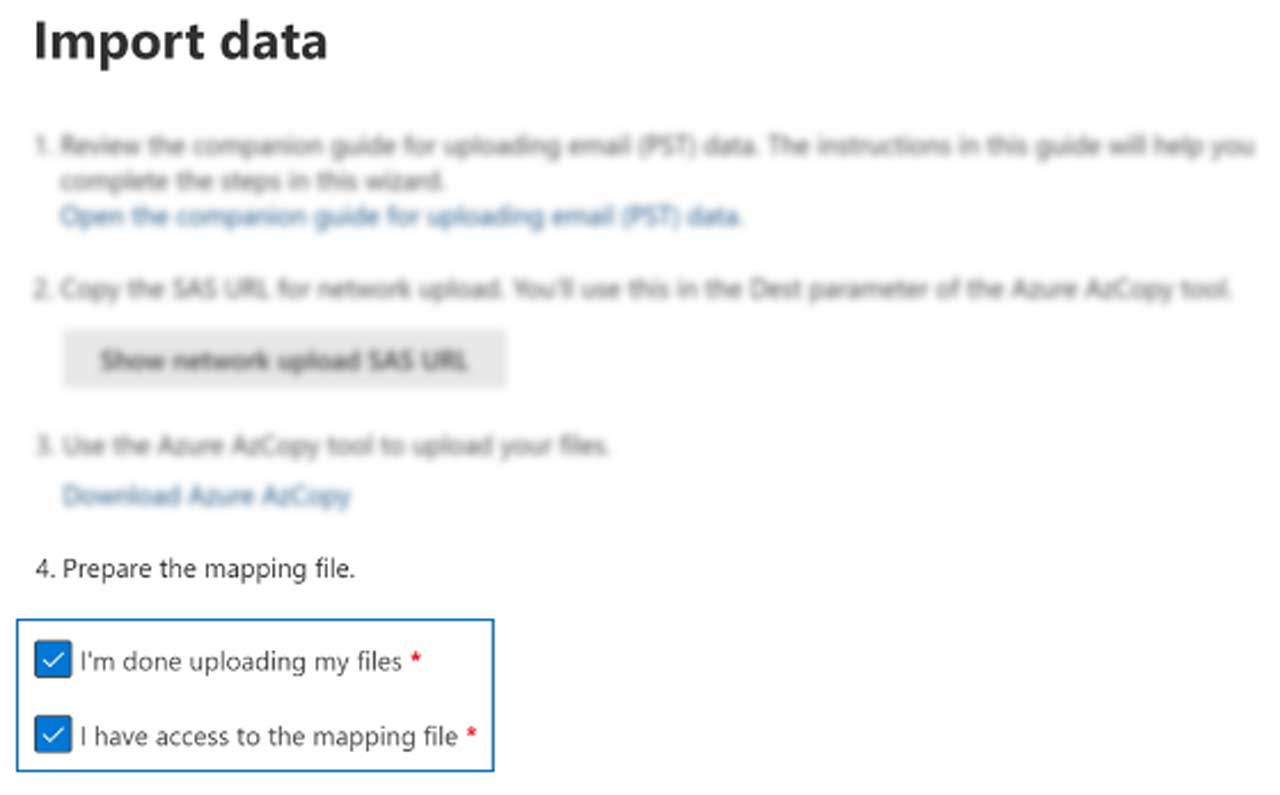
Integrating artificial intelligence into enterprise apps becomes a pressing challenge as businesses strive to innovate. Artificial intelligence transforms mobile app development, offering unparalleled customization and improved security.
This blog post delves into how AI can elevate your enterprise application, making it more innovative and efficient. Discover the future of app development here—let’s explore AI’s potential together.
Key Takeaways
- AI transforms enterprise apps by automating tasks, saving costs, and making better decisions.
- Using AI in apps involves understanding different types of AI, such as reactive machines and limited-memory AI.
- Risks of AI include data security issues, potential bias in decision-making, and job displacement.
Understanding Artificial Intelligence (AI) in Enterprise App Development
With enterprise app development, Artificial Intelligence (AI) integration has transitioned from a novel advantage to an essential component for staying competitive.Grasping how AI reshapes business processes is fundamental, offering enterprises unprecedented tools for innovation and problem-solving.
Read Also: The Rise of AI: Transforming Business and Daily Life
Origins of AI
Artificial Intelligence, or AI, started as a dream of creating machines that could think like humans. This journey began in the mid-20th century with simple computer programs that played games and solved math problems.
The idea was to mimic the human brain’s ability to learn and make decisions.
Over time, scientists developed more complex algorithms and machine learning techniques. These advancements allowed computers to process vast amounts of data and recognize patterns.
They evolved from mere calculators into intelligent systems capable of doing tasks that usually required human intelligence, such as understanding language and recognizing faces.
Nowadays, AI plays a huge role in mobile app development. It helps create personalized experiences for users by analyzing their behavior and preferences.
For those involved in enterprise app development services, integrating AI means building more intelligent apps that perform better and offer cutting-edge features like predictive analytics and natural language processing.
As AI continues to shape mobile applications, it’s exciting to explore how this technology transforms business processes across various industries – from customer service enhancements to supply chain optimizations.
Next up: The different types of AI at work today.
Types of AI
Artificial intelligence is changing how we build apps today. It makes mobile applications smarter and more useful for everyone.
- Reactive Machines: These AI systems focus on a specific task. They can’t learn or remember past actions, like IBM’s Deep Blue that beat a chess champion.
- Limited Memory AI: This type improves over time by learning from past experiences. For instance, chatbots use this to give better answers after talking with many customers.
- Theory of Mind AI: Still in research, these AIs will understand emotions and thoughts. They could transform customer service interactions when they’re ready.
- Self-aware AI: This is the goal – AIs with feelings and self-awareness! They’re not here yet, but would be groundbreaking for app personalization.
Importance of the Enterprise
AI in enterprise app development is like a powerhouse driving growth. It’s transforming how businesses tackle daily tasks and long-term goals. Enterprise AI can breathe new life into customer service, making it faster and more helpful.
Sales teams use AI to predict trends and know what customers want before they ask for it.
AI-driven apps also ramp up cybersecurity, keeping company data safe from hackers. Supply chains get more intelligent, too, as AI helps track inventory accurately and predicts delivery times.
This means companies spend less time worrying about operations and more time innovating.
With AI-based simulations, enterprises test new ideas quickly without big costs or risks. They can build prototypes that learn and improve over time—just like having an extra team member who never sleeps!
Benefits and Risks of AI in the Enterprise

In the intricate dance of enterprise progression, AI emerges as a transformative partner, harmonizing the rhythm between soaring productivity and meticulous oversight. However, this powerful alliance is not without its delicate balance of rewards and potential pitfalls; organizations must navigate these waters with eyes wide open to the unprecedented opportunities AI presents and an acute awareness of its inherent challenges.
Benefits: Improved efficiency, cost savings, and better decision-making
Artificial Intelligence is changing the game in enterprise app development. It helps companies make smarter decisions and save money.
- Improved Efficiency:
- Cost Savings:
- Better Decision-Making:
Risks: Data security, bias, job displacement
Artificial Intelligence (AI) is changing the game in mobile app development. It brings many benefits, but we must also consider the risks.
Data security
- AI systems require lots of data, but keeping this data safe can be tough.
- Hackers are always looking for weak spots, and AI might open new ones.
- With more apps using AI, there’s a greater chance that personal information could get stolen.
- Cloud providers work hard to protect data, but even they can face breaches.
Bias
- AI learns from training data. If this data is biased, the AI will be too.
- This can lead to unfair treatment or discrimination in e-commerce recommendations or job applications.
- Even with good intentions, if an AI doesn’t have diverse data, it can make harmful mistakes.
- Ensuring fairness requires constant checks on the data quality used for training.
Job Displacement
- Machines that learn can do jobs once done only by people.
- This means some jobs may become rare or disappear as companies use more AI.
- Workers might need new skills to stay ahead in their careers because of AI adoption.
- Planning and risk assessment are key so that progress does not harm people’s livelihoods.
Implementing AI in the Enterprise
Integrating artificial intelligence into an enterprise’s fabric is more than just a tech upgrade—it’s a strategic revolution. From identifying the right use cases to selecting optimal AI tools, businesses must navigate through layers of complexity to harness this game-changing technology effectively.
Steps for implementation:
Implementing AI in your enterprise app can transform how your business operates. It improves efficiency and customer experience. Here’s how to get started:
- Define clear goals: Know what you want to achieve with AI, such as enhancing user experiences or boosting cybersecurity.
- Gather quality data: Collect accurate and relevant data because AI algorithms learn from the information you provide.
- Choose the right tools: Research and pick AI tools and vendors that fit your needs, like NLP for text mining or ML for forecasting.
- Build a skilled team: Hire AI, machine learning, and data science experts to develop and maintain your intelligent machine functions.
- Start small: Choose a single process that could benefit from automation or improved decision-making through AI technology.
- Test thoroughly: Before full deployment, test the AI implementation in small scenarios to ensure it works as intended.
- Train your staff: Ensure employees understand how to use the new system and how it helps their daily tasks.
- Address ethics early on: Establish guidelines for AI ethics to avoid bias and ensure respect for privacy with cloud-based data handling.
- Plan for scaling up: As AI applications grow within your business, prepare elastic cloud computing resources to manage increased demand.
- Monitor continuously: Keep an eye on performance and make necessary adjustments while keeping track of future trends in general intelligence.
Available tools and vendors:
Selecting the right AI tools and vendors is critical when integrating artificial intelligence into enterprise mobile app development. The market offers many options, each with unique capabilities, to cater to the diverse needs of businesses aiming to leverage AI for improved efficiency and customer experiences. Here’s a snapshot of available tools and vendors that can facilitate the implementation of AI functionalities in your enterprise applications:
| Tool/Vendor | Type of AI | Application | Industry Focus |
| IBM Watson | NLP, Machine Learning | Customer service, Analytics | Healthcare, Finance, Retail |
| Google Cloud AI | Machine Learning, AI Platform | Data analysis, Virtual assistants | Various |
| Microsoft Azure AI | Machine Learning, Cognitive Services | Personalization, Predictive analytics | Various |
| Amazon Web Services (AWS) | Machine Learning, AI Services | Text-to-speech, Translation | Various |
| Salesforce Einstein | Predictive Analytics, NLP | Sales optimization, Customer insights | CRM |
| SAP Leonardo | Machine Learning, Analytics | Supply chain management, IoT | Various |
Each tool and vendor offers distinctive services tailored to enhance mobile app capabilities. IBM Watson specializes in natural language processing, allowing apps to understand and respond to user inputs more effectively. Google Cloud AI focuses on providing powerful data analysis capabilities, while Microsoft Azure AI extends services through cognitive features, bolstering personalization and user engagement.
Amazon Web Services revolutionizes interactions with features like text-to-speech, making apps accessible to a broader audience. Salesforce Einstein is a game-changer for customer relationship management, ensuring data-driven and customer-focused sales strategies. SAP Leonardo integrates machine learning with the Internet of Things (IoT), optimizing operations across various sectors.
These tools and vendors are reshaping the enterprise app development landscape, signaling a new era of innovation and efficiency. As AI evolves, companies will discover more opportunities to embed intelligence into their mobile solutions, pushing boundaries and exceeding user expectations.
Future trends and challenges
AI is evolving to understand better and mimic human emotions, pushing weak AI’s boundaries towards more advanced human-level intelligence. This shift could transform customer service apps by simulating empathy and providing support that feels genuine.
Developers are also focusing on computer vision enhancements to create apps that “see” and interpret the world more accurately—useful in industries like security or drug discovery.
Challenges loom, especially around data quality and bias in machine learning algorithms. As AI systems learn from vast amounts of data, poor-quality inputs can lead to incorrect or unfair outcomes.
Strides are being made towards explainable AI so users can trust the decisions made by intelligent agents. Looking ahead at digital transformation, financial services may face significant changes as AI applications become more refined and integral to their operations.
Now, let’s explore how these trends impact personalization features within enterprise apps.
Conclusion
Artificial intelligence boosts enterprise apps, making them smarter and more efficient. With AI, businesses can serve customers better and make quicker decisions. But remember—the road to AI involves balancing benefits with risks like security and bias.
As we progress, companies must stay sharp, embracing new trends yet treading carefully. Truly, AI has changed the game for mobile app development in exciting ways.
FAQs
1. What does AI do in enterprise app development?
Artificial intelligence brings machine intelligence to apps, helping them learn from data and improve over time. This means apps can get smarter and work better for businesses.
2. Can AI create problems when used in apps?
Sometimes, yes. For example, there are things called adversarial examples – these are like tricks that confuse AI into making mistakes. But don’t worry; developers work hard to fix these issues!
3. Is it hard to understand how AI makes decisions in apps?
Well, sometimes it is! The brain of AI is a neural network that can be complex. However, people are working on explainability to understand how AIs think
4. Does artificial intelligence replace humans in app development?
Nope! While AI can simulate some tasks humans do, it doesn’t replace real people—it’s usually there just to help us out and make our jobs easier!








